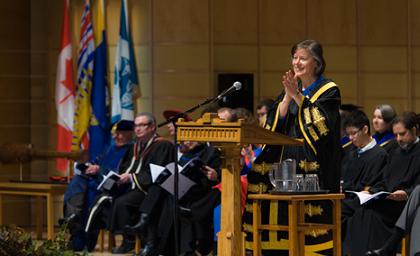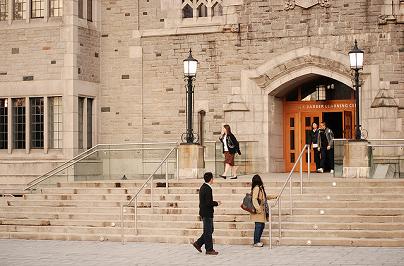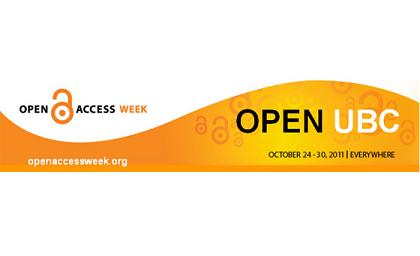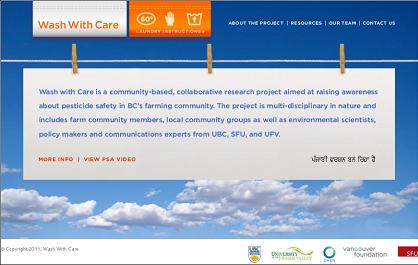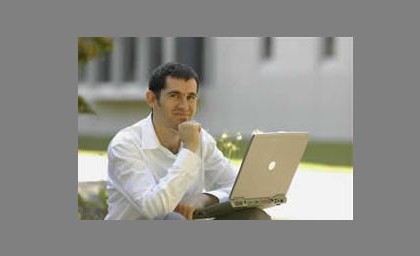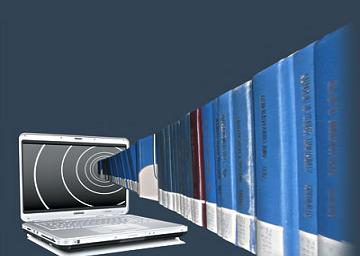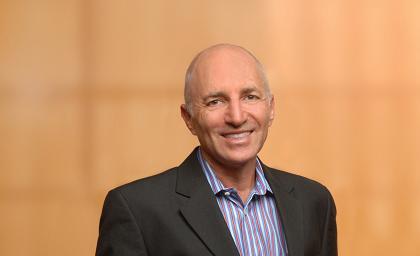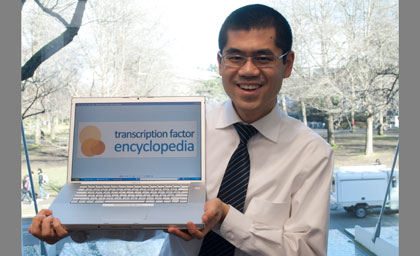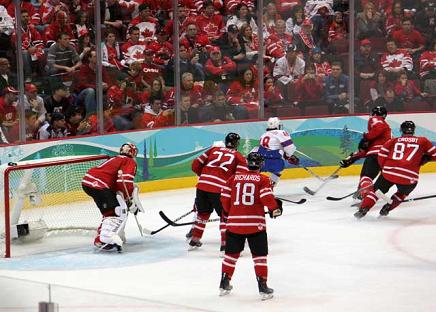
It may be a year since the 2010 Winter and Paralympic Games ended – but cIRcle is keeping the spirit, debate and dialogue that helped define the event alive.
cIRcle – also known as UBC’s information repository (https://circle.ubc.ca/) – is a digital storehouse for the University’s intellectual output. The site, which launched in 2008 by UBC Library, now features more than 30,000 items.
A key highlight is cIRcle’s Olympics and Paralympics collection, which features an array of UBC research and events related to the epic sporting event.
“For the most part this is unique material – it’s stuff that hasn’t been published anywhere,” says Tara Stephens, the Librarian overlooking the cIRcle Olympics Project. “Giving an extended life to this material is something that we’re really proud of.”
Keen to find some noteworthy contributions? There’s plenty to choose from, including a study on real estate and the Olympics from Tsur Somerville and Jake Wetzel, an Associate Professor and Ph.D. student, respectively, at the Sauder School of Business.
Or you could check out a presentation of the influential Olympic Games Impact Study, given by Rob Van Wynsberghe, a Human Kinetics Professor.
There are plenty of riveting events to experience as well. Missed the Sport and Society Dialogue the first time around? Don’t worry – you can simply visit cIRcle and listen to high-profile speakers such as Rick Hansen, a Paralympic athlete and the pivotal figure of the Man in Motion World Tour, and Stephen Lewis, former UN Special Envoy for HIV/AIDS in Africa, discuss the power of sport for social change.
Or you could tune into a sound clip from the welcome and introduction to a graduate student conference entitled “Ideology in Motion: On the Relationship of Sports and Politics.” “That was a really good example of how we went out and partnered with the students,” Stephens says.
Users from around the world, led by those in the United States, have viewed the Olympics-related research and materials stored in cIRcle. Perhaps not too surprisingly, some viewers have also hailed from Russia – the site of the Sochi 2014 Olympic and Paralympic Winter Games.
Stephens, who joined the cIRcle team in mid-2009, is still involved with the project, and is following up with contacts to see if there is further material to submit.
If you would like more information, or have UBC-related material that you would like to submit to cIRcle’s Olympics offering, please contact tara.stephens@ubc.ca.
Did You Know?
There are over 40 archived contributions regarding the Olympics-related research and materials stored in cIRcle. To see them for the first time or re-visit them, click here.
Above excerpt in italics courtesy of Glenn Drexhage, Communications & Marketing Officer, IKBLC
Above image is courtesy of Tagh Sira, student reporter from The Ubyssey newspaper and the UBC 2010 Olympic & Paralympic Secretariat website.
